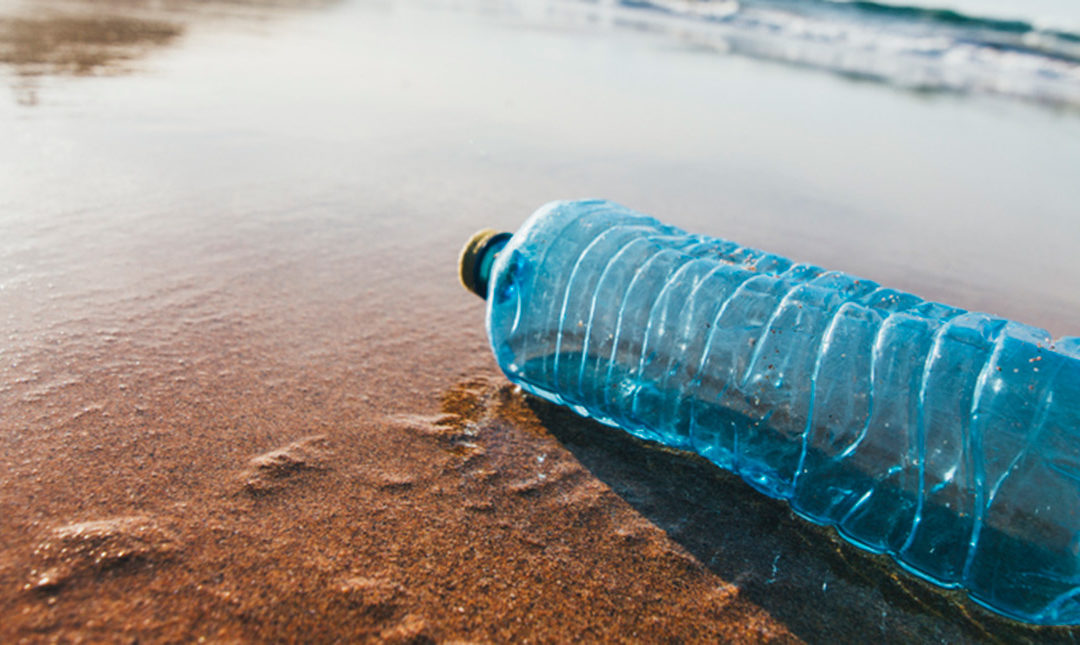Marine conservation is the protection of marine species and ecosystems in oceans and seas. And while the definition of marine conservation is fairly straightforward, the field of marine conservation is as vast as the ocean itself. Marine conservation ranges from establishing national marine protected areas and the restoration of coral reefs to local beach cleanup days and letter-writing campaigns. It is the subject of international treaties protecting the high seas and individual town ordinances banning single-use plastic. It encompasses an extensive array of scientific, economic, policy and planning disciplines. It is so far-reaching that Greenpeace activists confronting whaling ships and tropical island resort guests spending an afternoon tagging sea turtles can both call themselves marine conservationists.
So clearly, the field of marine conservation does indeed cast a wide net. And for a good reason. Whether we live near the coast or far from the ocean’s shores, the ocean impacts the health and well-being of every one of us.
The unique thing about marine conservation is that you don’t need a degree, have to belong to an organization, or even possess any specialized knowledge to make a difference. We can all drive less or eat sustainable seafood or stop using single-use plastic. But if you do want to get a degree in marine conservation or join an organization, or gain that specialized knowledge, there are certainly ample opportunities for you to do so.
To learn more about marine conservation and to access Ocean Connect’s wide range of educational and career resources, please visit our Marine Conservation snapshot.

